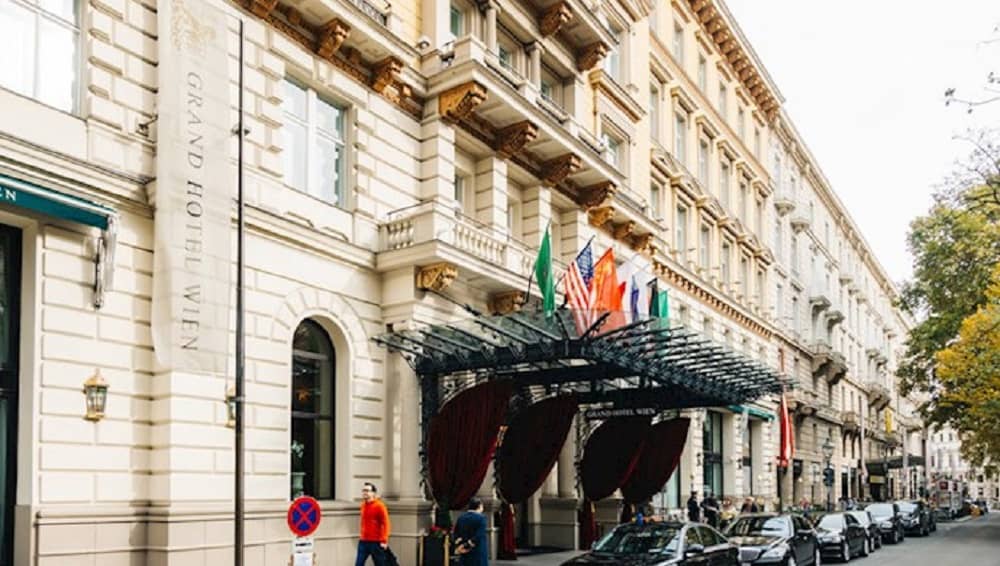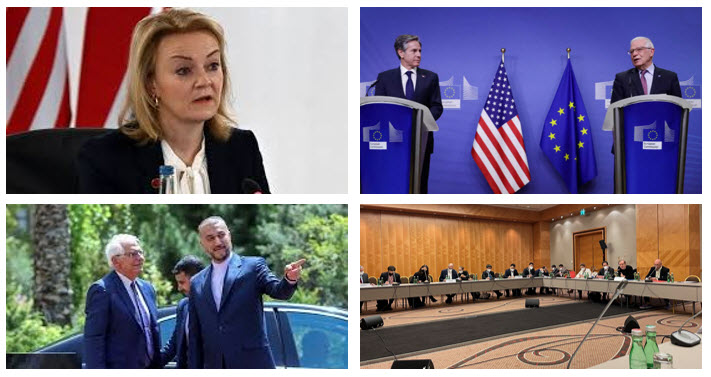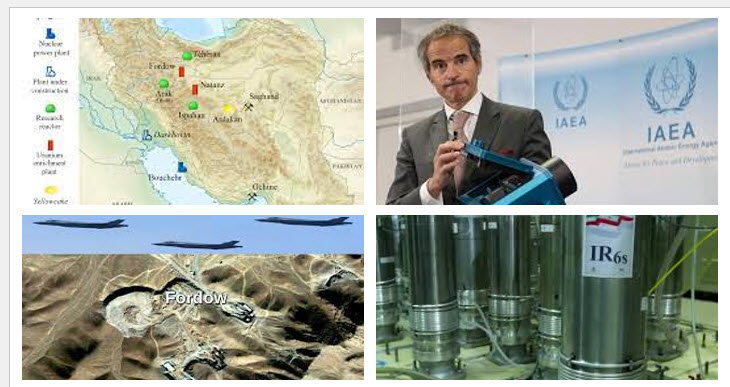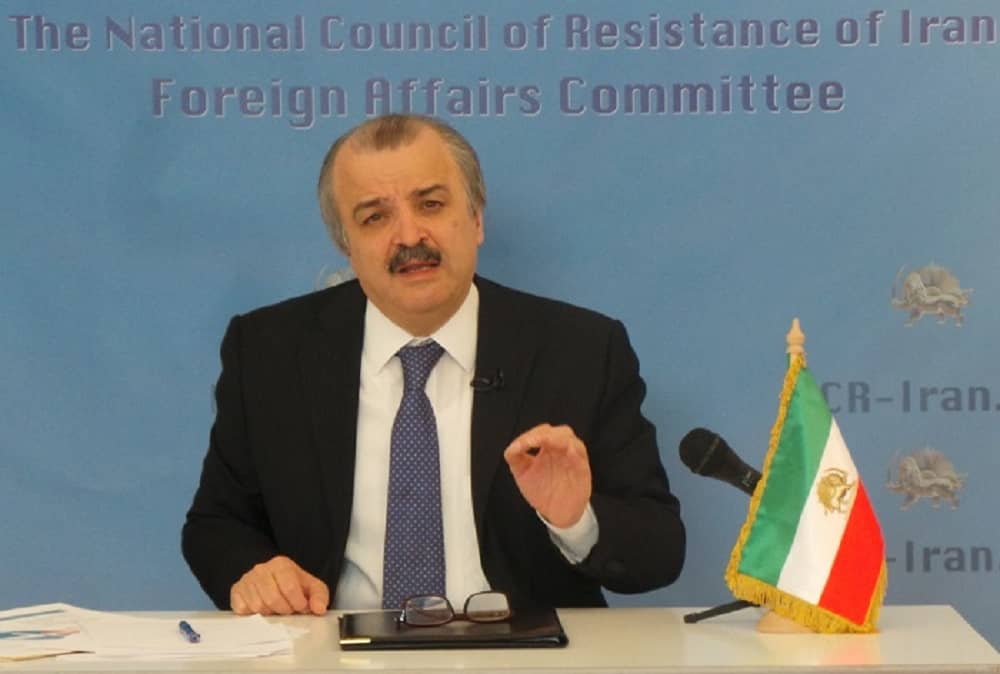
It wasn’t immediately clear how, if at all, the “final text” differed from a draft agreement that Josep Borrell, the head of foreign policy for the European Union, had presented in the last week of July.
The 2015 Iran nuclear deal, formally known as the Joint Comprehensive Plan of Action (JCPOA), may be revived, according to a “final text” presented as the conclusion of nuclear negotiations between the Iranian regime and six major world powers on Monday in Vienna. The interpretation of these reports varied among the international media, with CNN and the Associated Press implying that the text preceded a mutual agreement that would definitively put an end to 16 months of intermittent negotiations while Bloomberg News explicitly stated that there had been “no deal” at the end of the negotiations.
Tehran’s response on Monday was essentially the same as it was in July, with officials like Foreign Minister Hossein Amir-Abdollahian of the regime downplaying Borrell’s unusual demands in order to support the notion that talks may still be going on for some time.
“What can be negotiated has been negotiated, and it’s now in a final text,” Borrell wrote on Twitter. ” However, behind every technical issue and every paragraph lies a political decision that needs to be taken in the capitals.”
Borrell seemed to imply that there were still unresolved disagreements between two or more of the negotiating teams by seemingly placing the burden of making such choices on all of the participants. This does not seem to be the case, though, as the agreement that is currently being negotiated only seeks to restore American and Iranian compliance with the JCPOA’s terms, and American officials have made it clear that they are open to accepting a restoration deal based on the EU’s suggestions.

Borrell seemed to imply that there were still unresolved disagreements between two or more of the negotiating teams by seemingly placing the burden of making such choices on all of the participants.
When negotiations started up again last week for the first time since a brief discussion that took place in Doha at the end of June rather than Vienna, the US State Department stated as much. After talks ended on Monday, it reiterated that position, saying, “For our part, our position is clear: we stand ready to quickly conclude a deal on the basis of the EU’s proposals.”
The spokesperson continued by drawing attention to Tehran’s statements’ relative inconsistency, saying that although officials have repeatedly stated their commitment to seeing the democratic process through, it is now time to “see if their actions match their words.” Other commentators have noted the same inconsistency, with some, such as British spy chief Richard Moore, arguing that the regime’s repeated refusal to accept a draft agreement or walk away from the talks is potentially indicative of a defined strategy of prolonging the process indefinitely.

The regime’s repeated refusal to accept a draft agreement or walk away from the talks is potentially indicative of a defined strategy of prolonging the process indefinitely.
Instead, the Foreign Ministry of the Iranian regime stated that the focus would be on the much more nebulous objective of “advancing the negotiations,” and that success in that goal could still result in several additional rounds of negotiations.
This narrative was actively promoted by Iranian state media outlets, which also boasted of ongoing advances in the country’s nuclear program, such as the activation of advanced centrifuge arrays in the fortified nuclear facility at Fordo.
Hassan Abedini, a self-described expert on international affairs, was cited in a report last week by the regime’s official news agency, IRNA, which claimed that Iran was “entitled” to such provocative nuclear advancements as a result of the US enforcing more economic sanctions.

Hassan Abedini, the regime’s official news agency, IRNA, Despite obvious disagreements the same article rejected the idea of mediation among negotiating parties as a prelude to resuming full-scale negotiations.
The Iranian regime’s Oil Ministry announced plans to increase the nation’s petroleum product output the next day, suggesting that the regime is not concerned about the lifting of those sanctions in line with the re-implementation of the JCPOA.
The Iranian regime is making use of this prolonged talks/no talks cycle to advance its development of nuclear weapons and ballistic missiles as a means of payload delivery. The National Council of Resistance of Iran (NCRI) Mohammad Mohaddessin, Chairman of the Foreign Affairs Commission, reiterates the established reality that Tehran will only react to a strategy of firmness and decisive action.
“Iran’s regime will not relinquish nuclear weapons. Its officials talk of bomb production. Negotiations give Tehran the time needed. If the world doesn’t want nuclear terrorists they must show firmness, “he explained.

Mohammad Mohaddessin, Chairman of the Foreign Affairs Commission, reiterates the established reality that Tehran will only react to a strategy of firmness and decisive action.
MEK Iran (follow us on Twitter and Facebook), Maryam Rajavi’s on her site, Twitter & Facebook, NCRI (Twitter & Facebook), and People’s Mojahedin Organization of Iran – MEK IRAN – YouTub

